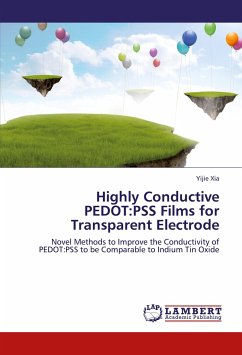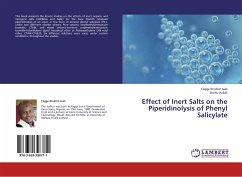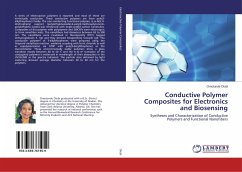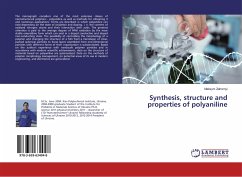New transparent conductive materials are urgently needed to replace indium tin oxide (ITO) as the transparent electrode of optoelectronic devices. Poly(3,4-ethylenedioxythiophene):poly(styrenesulfonate) (PEDOT:PSS) is a quite promising candidate as the next-generation transparent electrode in optoelectronic devices. However, as-prepared PEDOT:PSS from its aqueous solution suffers a problem of low conductivity of <1 S/cm. It is important to enhance the conductivity of PEDOT:PSS film. This book, therefore, provides four novel methods to significantly enhance the conductivity of PEDOT:PSS film, including treatments with salt, zwitterion, acid and cosolvent. Conductivity enhancement by a factor of about 1000 was achieved. The mechanism for the conductivity enhancement was investigated. High-performance polymer solar cells with these highly conductive PEDOT:PSS films as the transparent electrode are demonstrated. The methods in the book should be especially useful to professionals in organic electronic materials and flexible electronic devices fields, or anyone else who may be considering utilizing conducting polymers as the transparent electrode for flexible optoelectronic devices.
Bitte wählen Sie Ihr Anliegen aus.
Rechnungen
Retourenschein anfordern
Bestellstatus
Storno







![Note Concerning the Laxative Properties of the Tribasic Salts of Phenolphthalic Acid [microform] Note Concerning the Laxative Properties of the Tribasic Salts of Phenolphthalic Acid [microform]](https://bilder.buecher.de/produkte/66/66150/66150271m.jpg)
